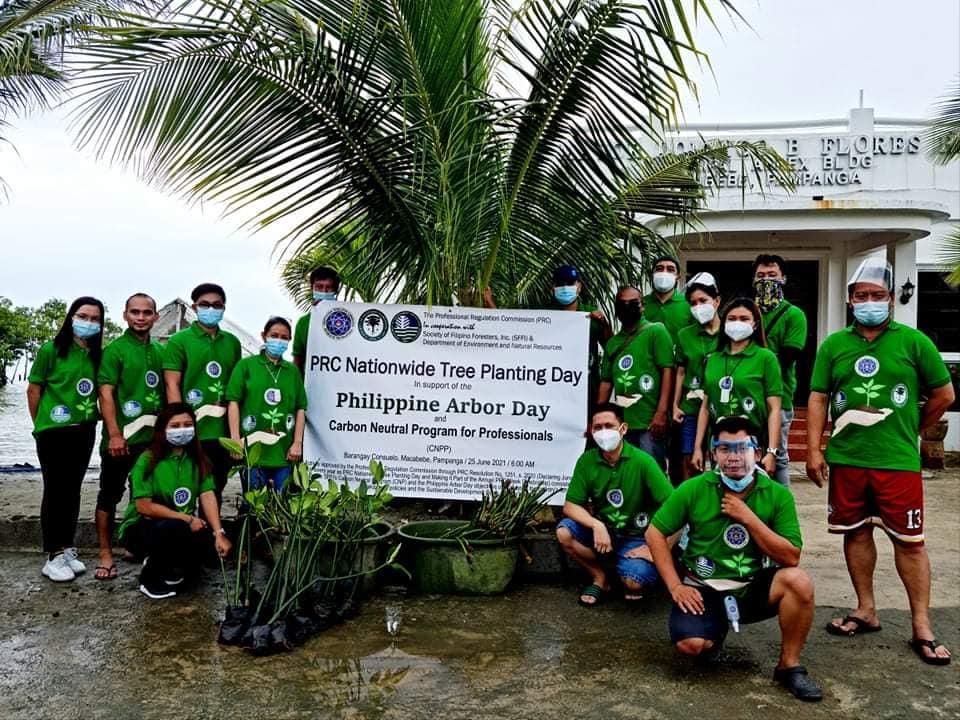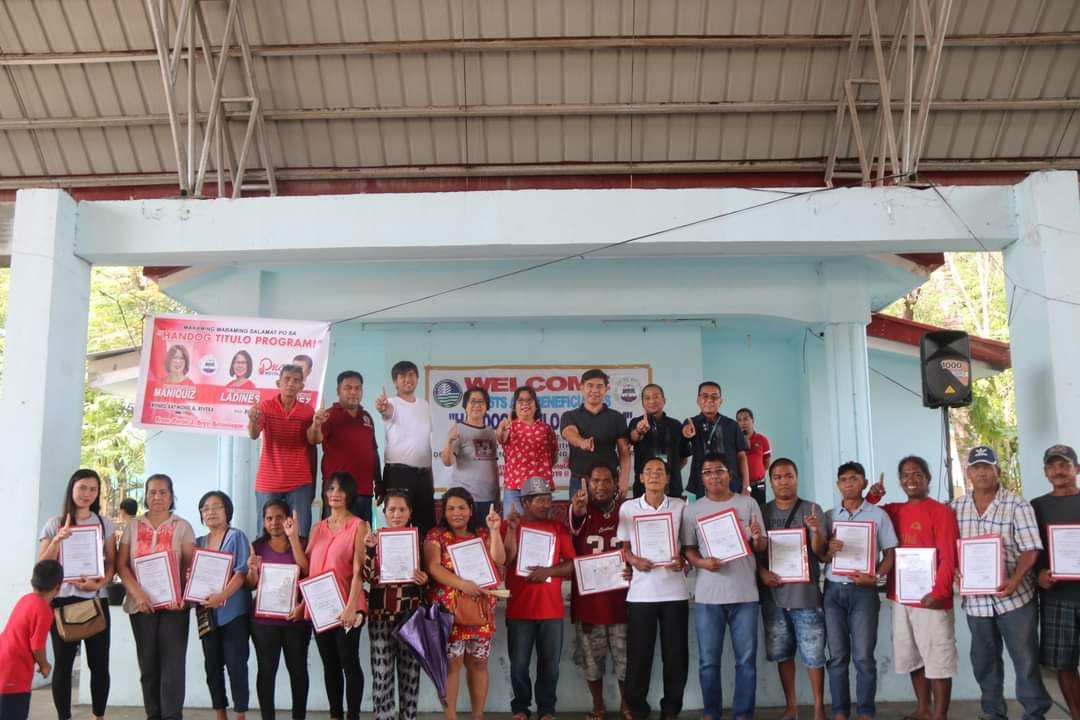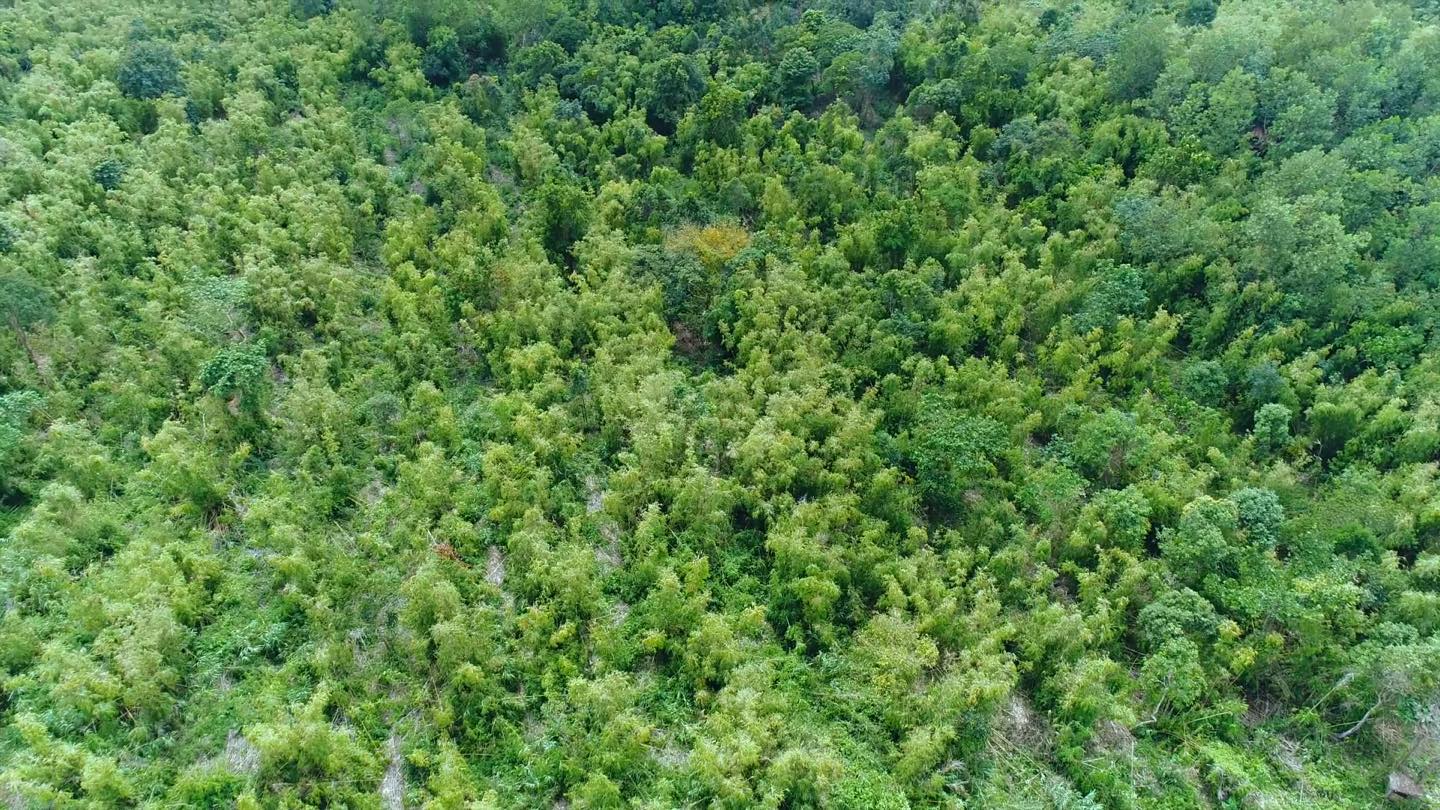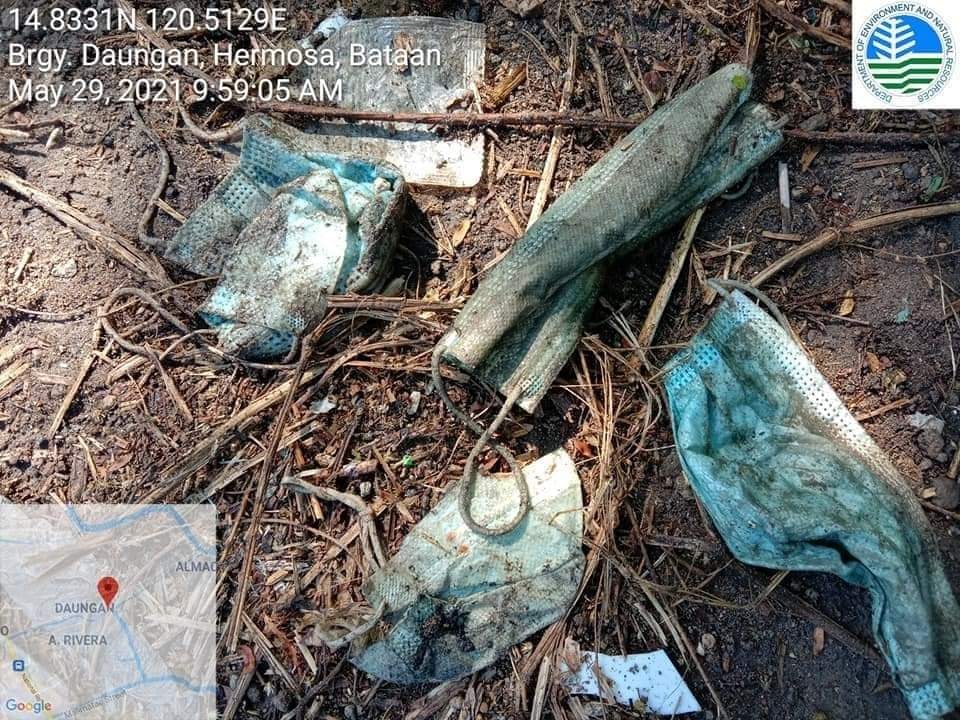DENR plants 4K mangrove propagules in observance of Arbor Day

More than 4,000 mangrove propagules covering two hectares were planted yesterday in the coastal waters of Barangay Consuelo in Macabebe town, this province, in a bid to strengthen the protection of marine ecosystem and help boost the rehabilitation of Manila Bay, and in line with the celebration of Philippine Arbor Day and Philippine Environment Month this year, environment official told.
Laudemir Salac, head of the Department of Environment and Natural Resources (DENR) provincial office in Pampanga said, mangrove species are important component of coastal environment because it served as spawning and breeding ground of fishes, mollusks, shrimps, crabs and other marine life.
“Mangrove can provide numerous benefits like food and livelihood. It also acts as natural barrier against strong typhoons and storm surge that enable to protect our coastal communities,” he explained.
He added that the mangrove planting event was a collaboration between the DENR regional office, the DENR Provincial Environment and Natural Resources Office (PENRO) in Pampanga, the local government of Macabebe, the Professional Regulation Commission (PRC) and the Society of Filipino Forester Incorporated (SFFI)- Pampanga Chapter.
“Restoring our environment is a challenging task that needs the active participation of every individual. That is why collaboration with the different stakeholders of the environment is vital to bring positive changes in our environment,” he said, adding that the establishment of mangrove forest is vital in the rehabilitation of Manila Bay.
Earlier, the DENR-PENRO Pampanga has also planted some 200 seedlings of fruit-bearing species within the 3,706-hectare Mount Arayat National Park in Magalang, Pampanga in a bid to increase the forest cover in the province.
Philippine Arbor Day is celebrated throughout the country every 25th of June under Proclamation No. 643 of 2004 by planting of trees and ornamental plants to restore the ecosystem and combat the loss of natural resources. (-30-)
- Details
- Parent Category: News & Events
- Category: Press Releases








